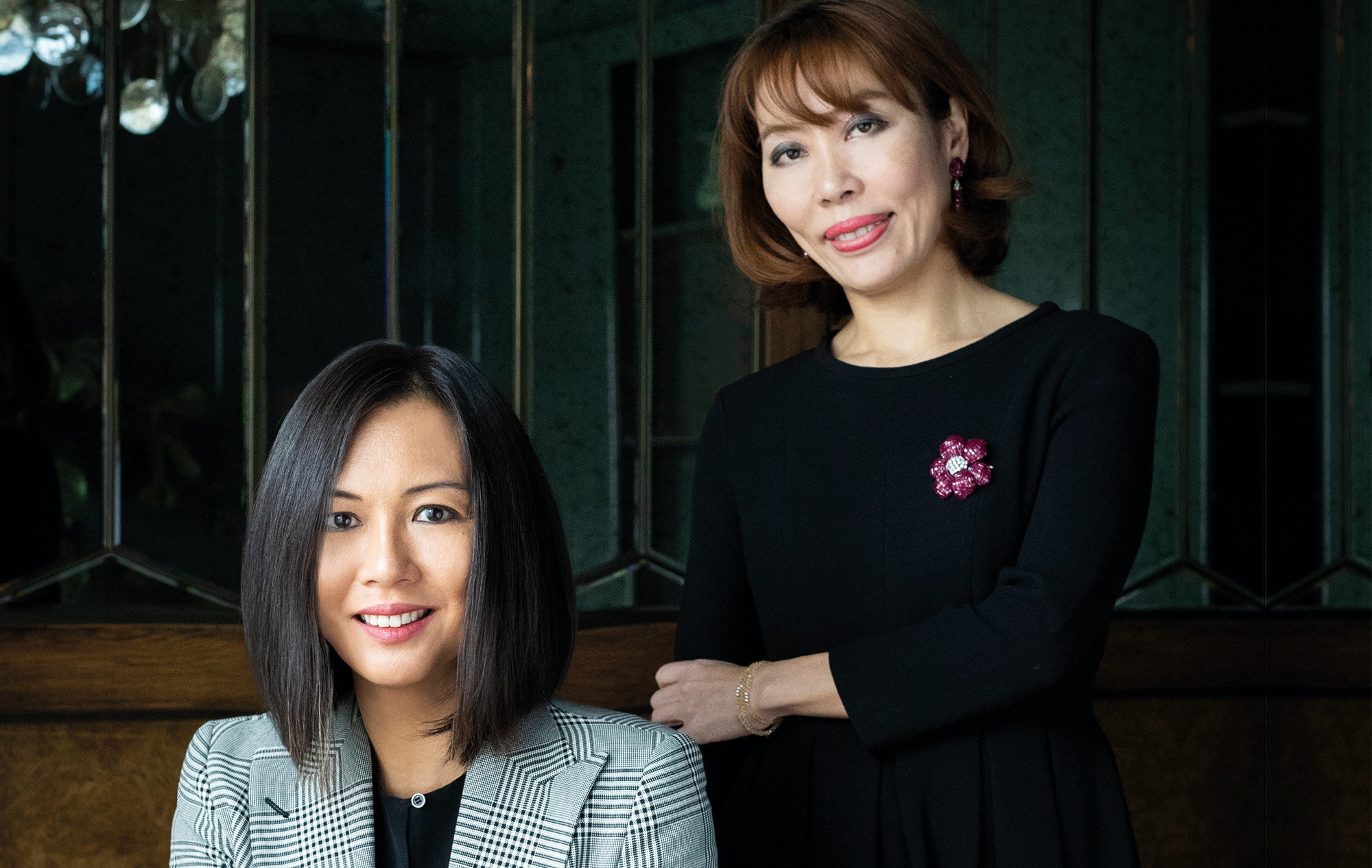In just five years, Bangkok’s startup scene has gone from a virtual backwater to one of the most exciting in Asia. Despite its reputation for complicated paperwork and mystifying bureaucracy, Thailand is ranked 26th on the World Bank Group’s Ease of Doing Business report for 2018, up from 48 in 2017. Much of this can be attributed to the Thailand Board of Investment, a government agency set up to attract foreign companies, which has rolled out a variety of initiatives and incentives, including drastically shortening the time required to start a business, exemption from corporate income tax and allowing 100 percent foreign ownership.
The Thai government also launched a US$570 million venture fund in 2016 to support the startup ecosystem, while the Digital Economy Promotion Agency announced plans in February to build a US$115 million IoT (internet of things) institute 90 minutes south of Bangkok. This will complement two innovation-led business parks in the north of the city: Software Park Thailand, home to more than 60 software companies, and Thailand Science Park, the country’s largest science and technology research facility.
Meanwhile, Thailand’s three largest telecommunications companies, AIS, DTAC and True, have all launched initiatives in the city to provide training, support and funding to budding tech entrepreneurs. ‘The progression of the startup industry was mostly driven by telecom players,’ says Dr Srihathai Prammanee, head of AIS The StartUp, a platform to aid digital businesses. ‘Most universities have started to include startup thinking in their curriculums. However, there’s still a challenge between the educational stage and commercialisation.’
Bangkok-based banks are also playing an important role, with Kasikornbank launching a US$30 million tech fund and Bangkok Bank partnering with Hong Kong-based venture capital firm Nest to launch global FinTech accelerator programme Bangkok Bank InnoHub, both in mid-2017. Bank of Ayudhya, meanwhile, launched fintech venture capital firm Krungsri Finnovate, which oversees the Krungsri Rise accelerator.
Major investment has also begun to flow into Thailand from overseas, including a US$500 million investment from Chinese e-commerce giant JD.com to create e-commerce and fintech businesses, and a US$19 million investment from Tencent in Bangkok-based start-up Ookbee, highlighting the country’s growing role in the global innovation space.

The People:
Paul Srivorakul
When Paul Srivorakul returned to Thailand, the country of his birth, in the early 2000s after growing up in the US, he saw a land ripe with opportunity. Having graduated from the University of California, Berkeley, before getting his first taste of the tech world with a job in sales at search engine Ask Jeeves (now Ask.com), Srivorakul – along with his brother Tom, who had been working at Apple – set about bringing what he’d learned in dotcom-bubble-era California to the then-fledgling Thai digital marketplace.
From a modest start building and managing websites, the brothers got their big break when they became the exclusive Thailand partners of the portal MSN, and Srivorakul used this springboard to begin his domination of the Southeast Asian digital ad landscape as co-founder of Newmedia Edge, Admax Network and Ensogo Group, which he sold for a combined total of US$100 million during 2011 to ’12.
Taking things up a notch, Srivorakul then founded Ardent Capital, a fund focused on fostering startups across Southeast Asia. Between 2011 and 2016, Ardent Capital created more than 3,500 jobs across 17 internet companies with a combined value of US$350 million.
And yet, it is undoubtedly his latest venture, aCommerce, that has done the most to burnish Srivorakul’s global reputation. Founded in May 2013, the Bangkok-based startup has become Southeast Asia’s leading e-commerce service provider, offering localised end-to-end e-commerce solutions, from consulting, marketing and e-store development to warehousing, order fulfilment and delivery. Under Srivorakul’s canny stewardship as group chief executive, aCommerce has expanded to Singapore, Indonesia, Malaysia and the Philippines, employing more than 1,500 staff and counting the likes of L’Oréal, Adidas, Philips, Lazada and Unilever among its clients. And with a whopping US$65 million in series B funding raised in November 2017, aCommerce looks set to go from strength to strength.

The Product: Omise
Launched in 2015, online payment gateway Omise has become one of Thailand’s most successful startups by providing online stores with simple and cost-effective payment solutions. Previously, setting up payment service in Thailand required tortuous paperwork and lengthy approval times, as well as monthly commitments and high transaction costs. Omise cut through this morass by offering a service that allows online stores to start accepting payments instantly with minimal identification requirements, no minimum monthly commitment and low transaction fees.
Co-founded by Japanese serial entrepreneurs Jun Hasegawa and Ezra Don Harinsut, Bangkok-based Omise has raised more than US$50 million in funding over the past four years to bankroll its expansion into Japan, Singapore and Indonesia, with plans to enter further Asia-Pacific markets very much in the pipeline.
Omise is also active in the blockchain space, and the company hit the headlines in June 2017 when it used an initial coin offering of its cryptocurrency OMG to raise US$25 million to develop its next-generation decentralised payment network OmiseGO. Running on Ethereum’s blockchain technology and supported by Ethereum’s founders, as well as the co-creator of the Lightning Network Joseph Poon, OmiseGO is designed to bridge the gap between cryptocurrencies and fiat currencies, allowing users to pay with various types of each from one e-wallet.
What to watch
Work together
Founded in 2012, Hubba is Thailand’s first co-working community, and currently operates three locations across Bangkok with a combined membership of more than 20,000.
The price is right
Shopping search engine Priceza allows users to instantly compare the prices of more than 10 million products. Launched in Bangkok in 2010, it has since expanded to Indonesia, Malaysia, the Philippines, Singapore and Vietnam, partnering with companies like Lazada, Zalora and Groupon.
Help is at hand
Thailand’s largest on-demand marketplace for local services, Seekster offers a simple way for users to find service providers – including cleaners, gardeners, plumbers, pest controllers and air-conditioning technicians – at a click of their app.
Cathay Pacific flies to Bangkok from Hong Kong 67 times a week














